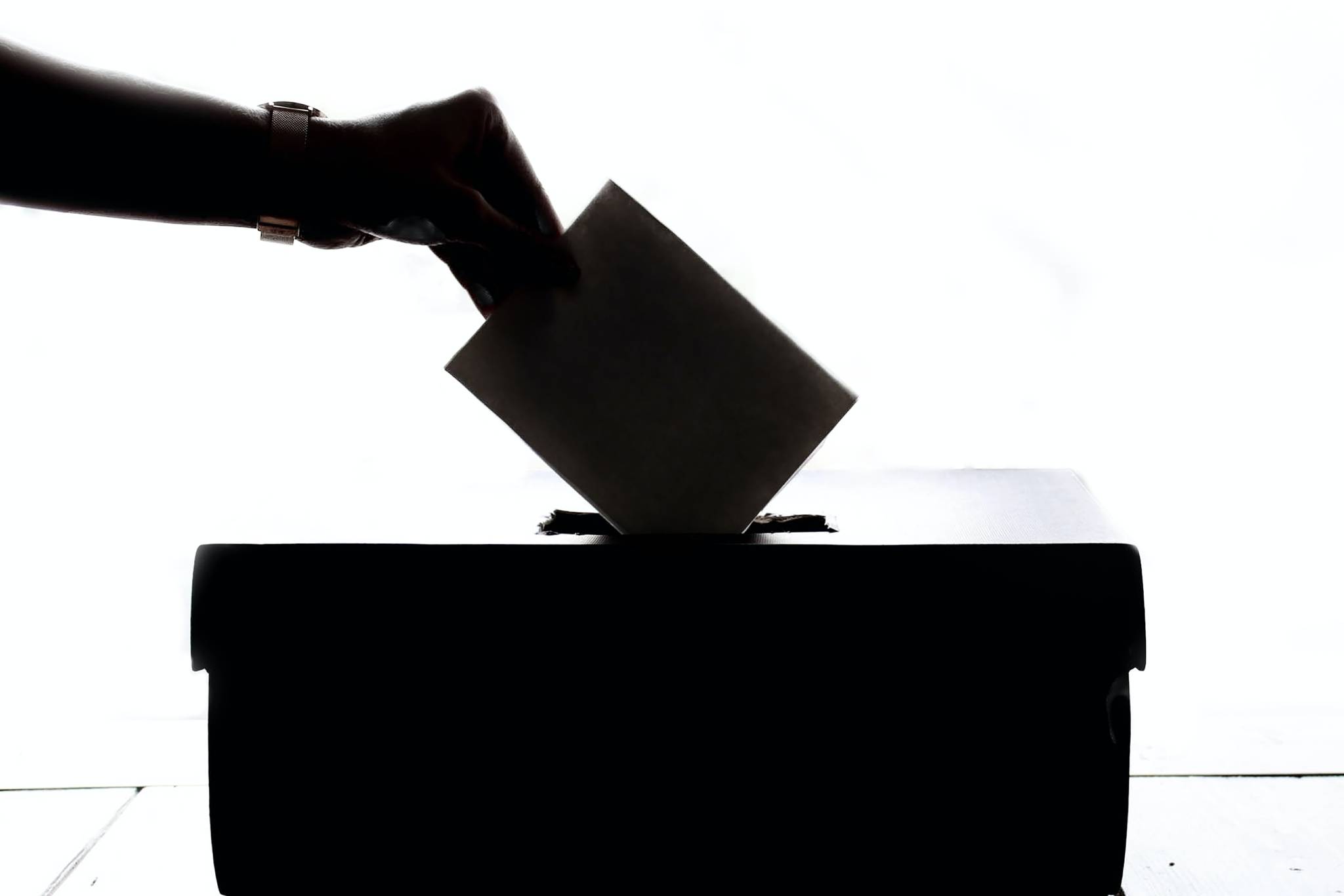By Win Gruening
The latest battle in woke politics is the hyperbolic response to Georgia’s recently passed voting law. The legislation addresses perfectly rational concerns about election security yet has been condemned by Democrats as voter suppression. Detractors of the law, however, ignore public sentiment on voting requirements that safeguard against fraud and electioneering.
An August 2016 Gallup survey, for instance, determined that presenting photo ID to vote is overwhelmingly supported throughout the nation: 80% of voters approve, including 77% of nonwhite voters.
Changes implemented in Georgia also addressed long voting lines and election return reporting delays.
Nevertheless, this legislation is being compared to Jim Crow laws (enacted in the South during Reconstruction and later) that legalized racial segregation and denied Blacks the right to vote.
This kind of rhetoric by prominent Democrats, including President Joe Biden, to tie Georgia’s law to that era is deceptive and hypocritical. While modifying some temporary pandemic-related voting procedures, the bill actually expands voting access in Georgia, mandating at least 17 days of early voting. Voting locations must be open for at least eight hours, up to 7 p.m. Several states (including President Biden’s home state of Delaware) don’t currently allow any in-person early voting, and many offer fewer than 17 days.
In lieu of signature matching, validation of which is time-consuming and imprecise, Georgia voters can verify their identity on absentee ballot applications using an identification number from their driver’s license or voter ID card, both available free of charge. Democrats objected to the requirement even though it is similar to the existing requirement for in-person voters. If without ID, voters can provide the last four digits of their social security number or a copy of an official document that includes their name and address.
President Biden’s claim that food and water can’t be provided to waiting voters was flatly untrue. There is a prohibition on special interest groups distributing money, gifts, food or drinks to voters within 150 feet of a polling place or 25 feet of voters standing in line to vote. But poll workers can provide self-service water receptacles and groups can provide food and water outside the law’s distance limits.
Still, misinformation continues to circulate throughout social media and the national press. Black business executives lobbied corporations to oppose the legislation and a number of Georgia-based organizations did just that – including Coca-Cola and Delta Airlines. Major League Baseball announced the All-Star Game would be moved out of Atlanta. Senate Majority Leader Chuck Schumer jumped on the bandwagon stating, “Racist voter suppression laws are now hurting Georgia voters…” and offered to host the All-Star Game in New York where he inaccurately claimed it’s “easier, not harder, to vote.” The game was subsequently moved to Denver, Colorado.
The irony of all this virtual signaling soon became apparent.
New York’s voting laws are actually more restrictive than Georgia’s, allowing fewer early voting days and requiring voters to provide an excuse in order to vote by mail. New York also bans offering food and water to voters. It’s hardly unique in the nation. Colorado, like 37 other states including Delaware and now Georgia, prevents campaign partisans from electioneering and using food, water, or campaign paraphernalia to influence voters waiting to vote.
Identification is required in many states when voting, including Colorado. It’s also required to fly on Delta Airlines or collect tickets at the will-call window at a baseball game.
Atlanta, a city with a 51 percent Black population — the largest Black-majority metro area in the nation — will now suffer a $100 million hit to their economy. Denver’s Black population is approximately 9 percent. So who actually is harmed by this absurd boycott?
Why is it racist to accept the notion that preserving some minimal integrity in elections is important?
Even in Alaska, efforts to prevent the pandemic-related unsolicited delivery of mail-in ballots to voters and improve election security are being labeled as suppression that can only be avoided if our voting systems are superseded by national legislation.
Alaskans don’t need the federal government telling us how to run our elections and neither our state nor Georgia should sacrifice election security in order to bow to left-wing cancel culture.
• After retiring as the senior vice president in charge of business banking for Key Bank in Alaska, Win Gruening became a regular Opinion Page columnist for the Juneau Empire. He was born and raised in Juneau and graduated from the U.S. Air Force Academy in 1970. He is involved in various local and statewide organizations and currently serves on the board of the Alaska Policy Forum.

